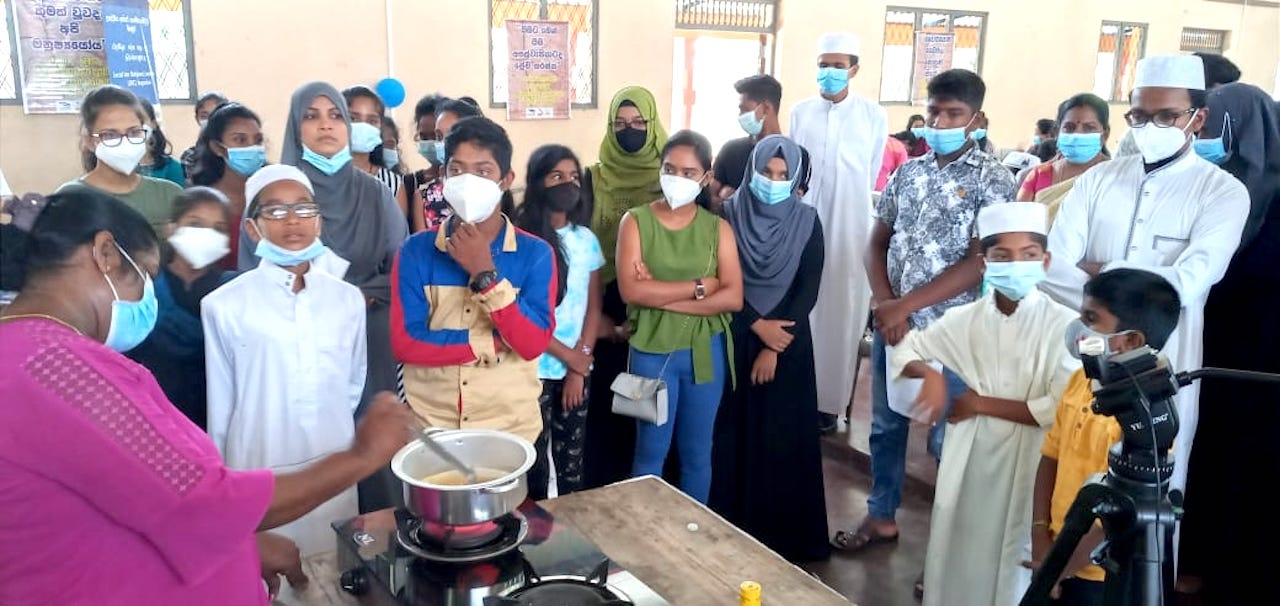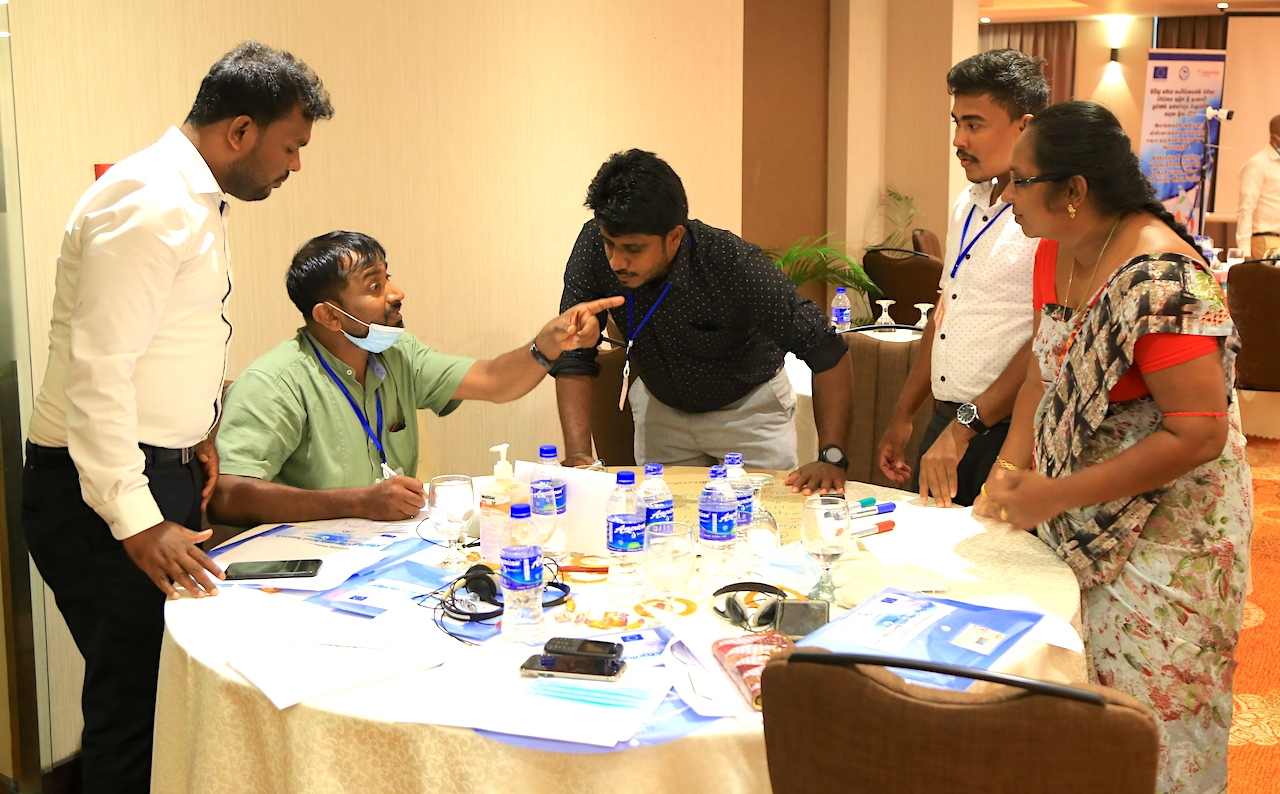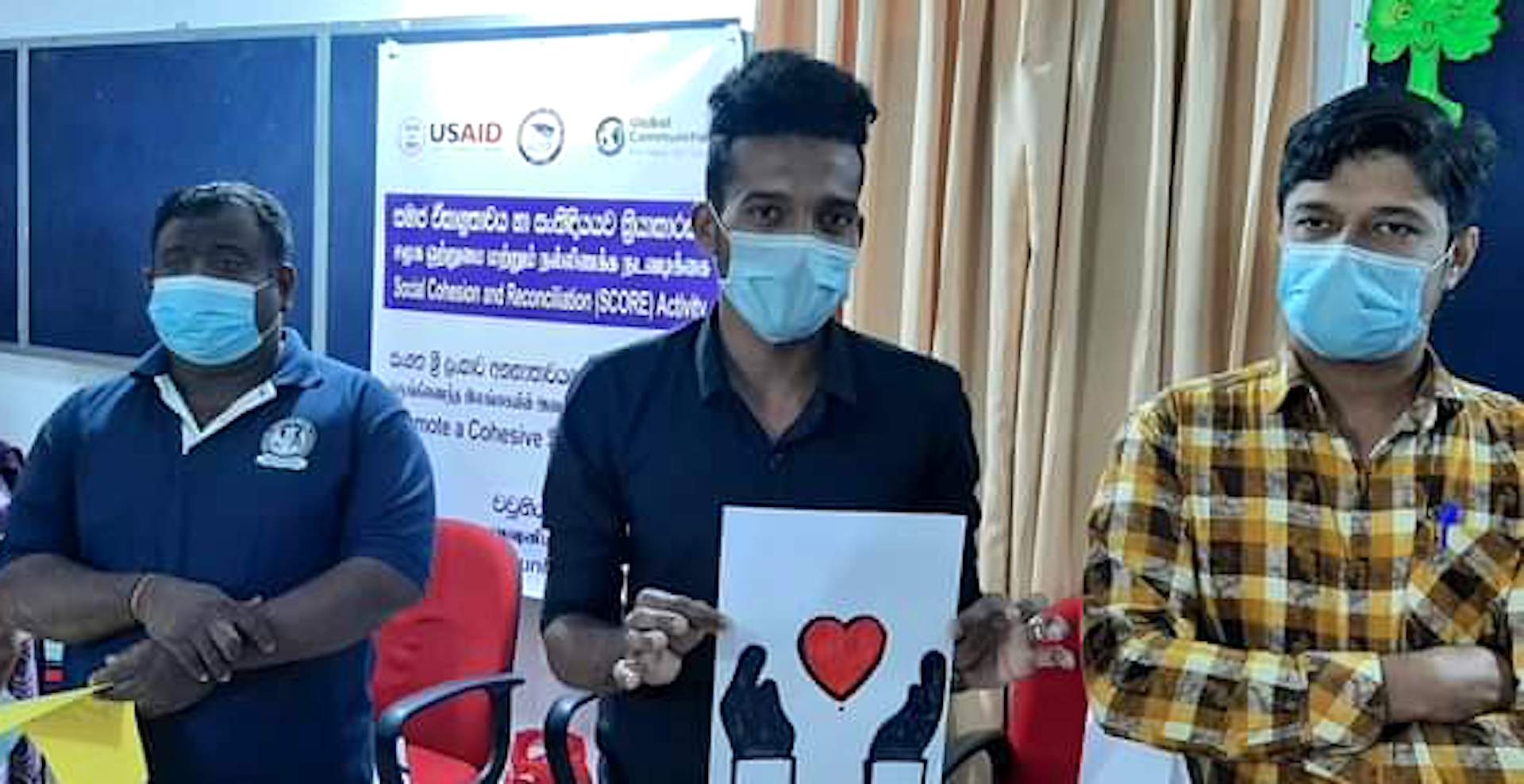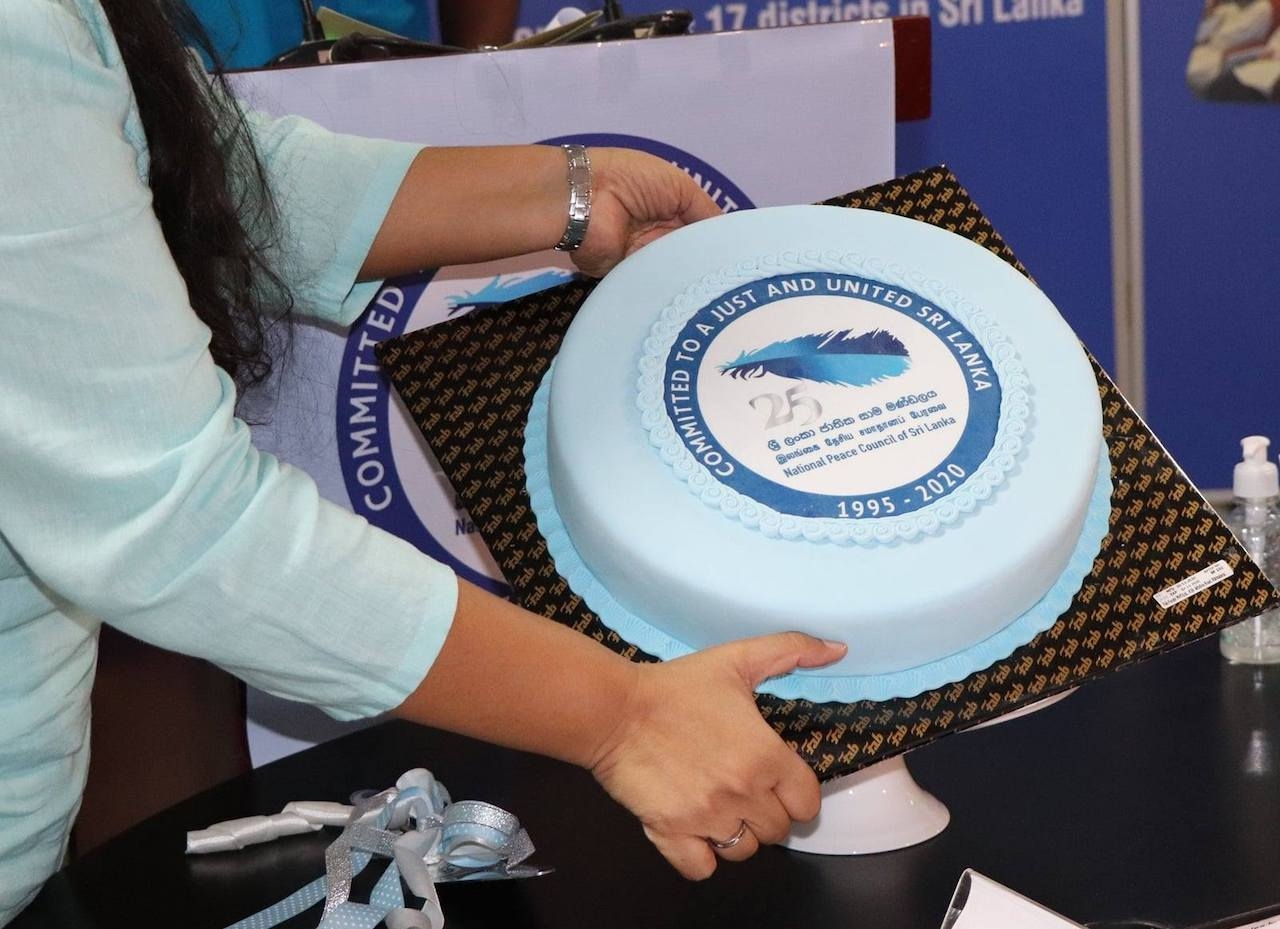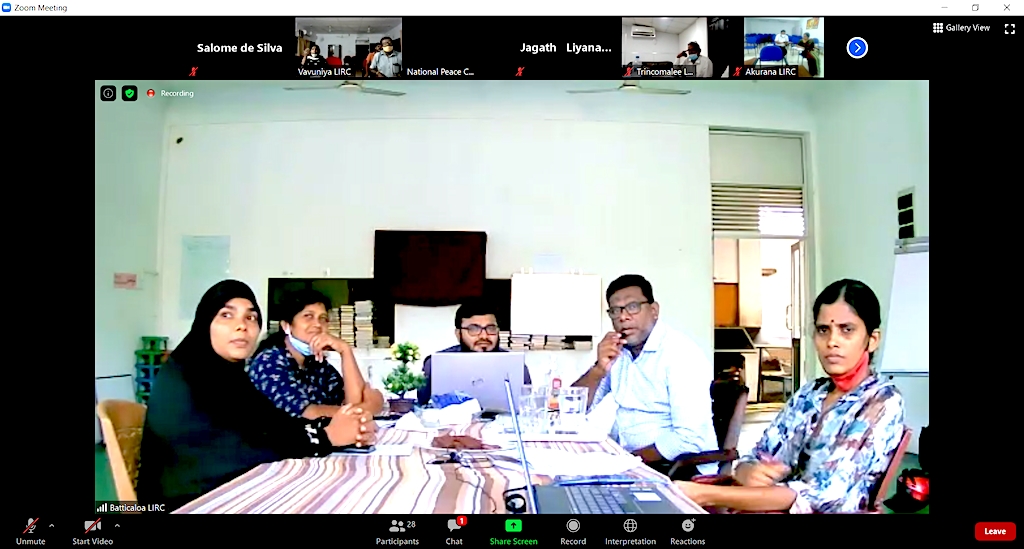Members of Kuliyapitiya, Panduwasnuwara, Batticaloa and Addalachenai Local Inter Religious Committees (LIRCs), including 50 religious leaders of different faiths, participated in a three day exchange visit conducted to facilitate empathy through experience sharing and interaction under NPC’s project Collective Engagement for Religious Freedom (CERF).
News
NPC has undertaken a new project funded by Freedom House in partnership with four universities to set up certificate courses for local officials on pluralism and inclusive service delivery. The project, Sustaining Peace Through Pluralism and Inclusive Service Delivery, will enhance the capacity of government officials to deliver public services and to increase their participation in sustaining peace by providing a course under the guidance of the Universities of Ruhuna, Sabaragamuwa, Eastern and Jaffna.
NPC carried out a Training of Trainers workshop in Colombo on Preventing Violent Extremism (PVE) through a practical community based approach. This is part of the Civil Society Organizations (CSOs) PVE Capacity Building in Sri Lanka and Bangladesh project implemented with project partner Helvetas Sri Lanka and with financial support from the European Union. A group of 30 members from six project districts – Ampara, Batticaloa, Mannar, Vavuniya, Kandy and Kurunegala - and 16 staff members from NPC and Helvetas took part in the activity carried out as a hybrid training with an international trainer and inputs from local and international resource persons. Participants also joined in virtually from NPC and from the project implementing team in Bangladesh.
The second round of Food Bazaars to improve coexistence among different ethnic communities by showcasing diverse food culture was held in Matara, Batticaloa, Kegalle and Negombo. The Food Bazaars were a success with more than 100 youth of different ethnic and religious backgrounds taking part as well as government officials and community leaders.
NPC carried out a Training of Trainers workshop in Colombo on Preventing Violent Extremism (PVE) through a practical community based approach. This is part of the Civil Society Organizations (CSOs) PVE Capacity Building in Sri Lanka and Bangladesh project implemented with project partner Helvetas Sri Lanka and with financial support from the European Union.
A series of food bazaars were held in regions across the country to enable people of different ethnic communities to learn about each other’s cultures and traditions to build an understanding of pluralism through food culture.
Members of the Galle District Inter Religious Committee (DIRC) and philanthropists in the Galle area purchased Rs. 300,000 worth of school supplies for school children of low income families in Jaffna. This effort materialised as a result of the friendship between Mr. Tharmarajah of Jaffna and Mr. Karunadasa Welikala of Galle, who are members of their respective DIRCs.
A three day residential training workshop on pluralism was conducted for 48 representatives of the NGO Network on Religious Freedom under NPC’s project the Collective Engagement for Religious Freedom (CERF).
Under the Social Cohesion and Reconciliation (SCORE) Activity, NPC organized a training programme on the Resilient Communities Through Everyday Democracy module in Vavuniya for 36 participants. The group included 31 co-existence society members and five Local Inter Religious Committee (LIRC) members. Through the Training for Trainers that was held last year, co-facilitators were trained to handle the training for the grassroots level community platforms.
Three training programmes on policy rights for religious leaders, government officials, health service officers, civil society members, university students and police officers were conducted in Kalutara, Trincomalee and Kandy under NPC’s project National Language Equality Advancement Project (NLEP) conducted by lawyer Jagath Liyana Arachichi.
NPC’s Technical Assistance to Justice Institutions in Sri Lanka project held a three day residential training of trainers programme on the prevention of hate speech for 60 master trainers and ten district coordinators. It was conducted by Professor Kalinga Tudor Silva from the University of Peradeniya. He explained the sociological frame work of hate speech, the role and responsibilities of the Office on Missing Persons and the steps taken by the government for granting reparations.
Over 500 religious leaders and civil society activists from around the country took part in a National Inter Religious Symposium on Building a Pluralistic Society organized by NPC under its project Consolidating Ongoing Multi-Level Partnership Actions for Conflict Transformation (COMPACT).
At the National Inter Religious Symposium, NPC’s 25 years of existence was celebrated with the cutting of 17 cakes, one each for a district. For 25 years NPC has journeyed with religious leaders, civil society activists and community representatives to build sustainable peace in the country.
NPC and its partner Helvetas Sri Lanka carried out a two day virtual learning conference on Preventing Violent Extremism (PVE) with international and local resource persons under its project Capacity Building for Civil Society Organizations (CSOs) on PVE in Sri Lanka and Bangladesh. The initiative is being implemented across six districts with support from Helvetas Sri Lanka and funded by the European Union.
The role that religious clergy can play in bringing divided communities together cannot be under estimated.
Forty civil society representatives from Local Inter Religious Committees (LIRCS) in Weligama, Beruwala, Negombo, Akurana, Mannar, Rakwana, Kuliyapitiya, Batticaloa, Vavuniya, Trincomalee, Panduwasnuwara and Addalaichchenai participated in an online training programme on religious freedom and rule of law under NPC’s project Collective Engagement for Religious Freedom (CERF) facilitated by lawyer Jagath Liyana Arachchi.


